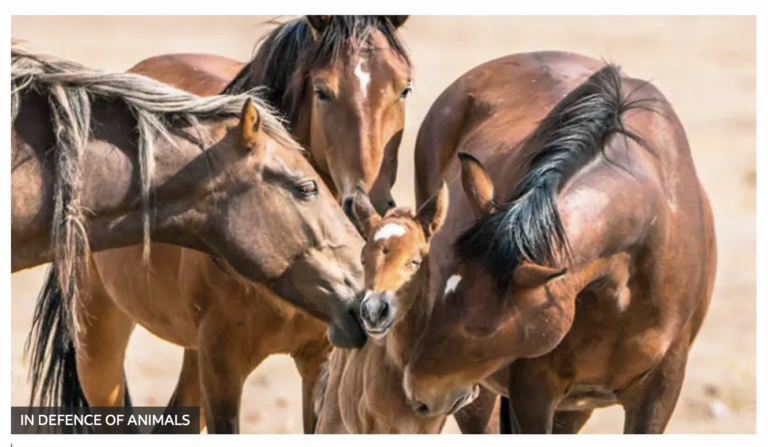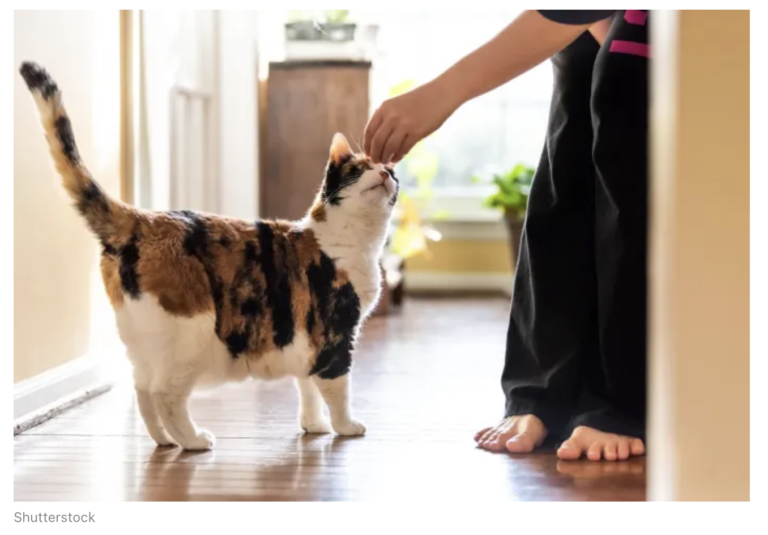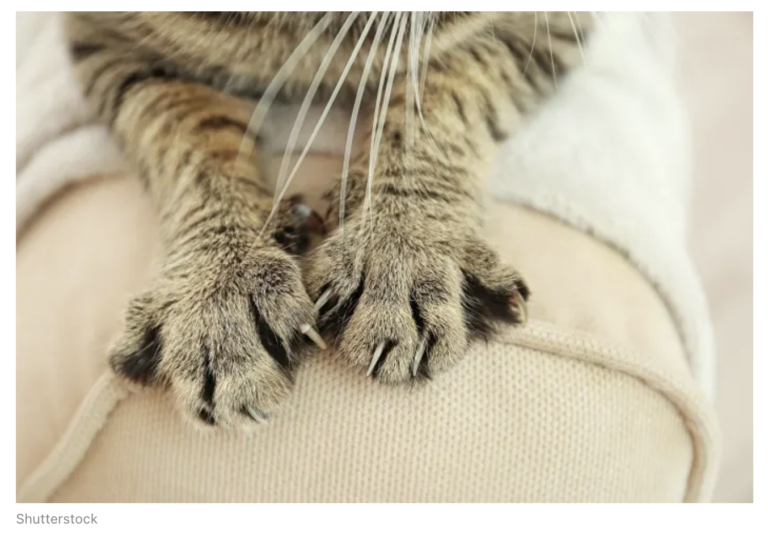Having a pet can be a wonderful experience for children, providing them with companionship, responsibility, and valuable life lessons. Research has shown that pets play a significant role in child development, contributing to emotional, social, and cognitive growth.
Emotional Development
Pets can have a positive impact on a child’s emotional well-being. The unconditional love and companionship provided by a pet can help children feel secure and loved. Studies have shown that children who have pets tend to have higher self-esteem and are better able to cope with stress and anxiety.
- Example: A study published in the Journal of Pediatric Nursing found that children with pets had lower levels of cortisol, a stress hormone, compared to children without pets.
Social Development
Pets can also help children develop important social skills. Taking care of a pet requires communication, empathy, and cooperation, which can help children learn how to interact with others. Pets can also serve as a bridge for shy or introverted children to connect with their peers.
- Example: A case study conducted by the University of Cambridge found that children with pets were more likely to engage in social activities and have stronger relationships with their peers.
Cognitive Development
Interacting with pets can stimulate a child’s cognitive development. From learning to follow routines and schedules to problem-solving and decision-making, taking care of a pet can help children develop important cognitive skills. Pets can also provide opportunities for learning about biology, ecology, and animal behavior.
- Example: A survey conducted by the American Academy of Child and Adolescent Psychiatry found that children who have pets tend to perform better in school and have higher levels of curiosity and creativity.
In conclusion, pets play a crucial role in child development, contributing to emotional, social, and cognitive growth. By providing companionship, teaching responsibility, and fostering important life skills, pets can have a lasting impact on a child’s well-being. Parents should consider the benefits of having a pet for their children’s development and overall happiness.































+ There are no comments
Add yours